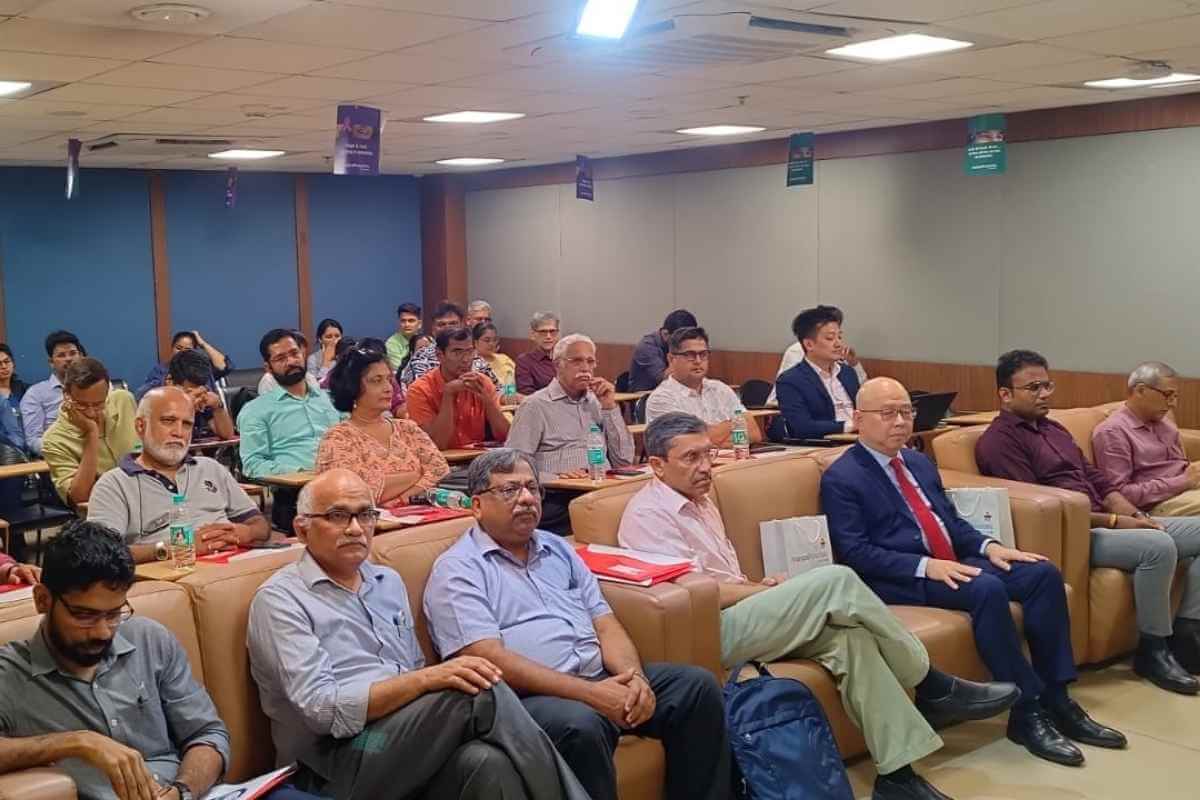You don’t get everything in life and many a time you have to sacrifice a lot of things in order to enjoy a better quality of life. Something similar seems to have happened with the Goan Women whose husbands have travelled abroad in search of better prospects. Loneliness and insecurity became a part of their life back here in Goa.
The study conducted by the Directorate of NRI affairs revealed that the burden of added responsibilities at home in the absence of husbands became the way of life. Besides that women also started feeling insecure. It is revealed that one out of every 10 women felt that bringing up children alone was the most difficult task in the absence of their husbands.
According to reports published by the Times of India, Loneliness is the biggest problem faced by Goan women whose husbands are employed abroad. This was revealed by the Goa Migration Study 2008 done at the instance of the Directorate for NRI Affairs and released to the media.
The studies conducted by Centre for Development Studies (CDS), Thiruvananthapuram, noted that among the social problems faced by women left behind, loneliness occupies the number one position, both among young women (below 30 years) and women above 30 years.
In the past 30 years to the improvement of living standards, a lot of Goans have resorted to moving to Gulf countries. This large-scale migration was due to the lack of well-paid job opportunities available in Goa. According to Persee, the discovery of oil in the Gulf and growth of job opportunities encouraged Goans to migrate there.
Thus, more Goans started to move to the Gulf. Soon it became a matter of pride to secure a job in the Middle East, but online the EU countries Goans were not able to settle down in the Middle East countries due to its stringent laws.
Goans would work in the Gulf countries and come back to Goa after retiring from the job, by the time half of the life is gone. The Gulf migration has helped Goans find jobs and reduce poverty. These Guest workers only work for a certain period of time and send remittances to their family back in Goa.
Apart from improving the living conditions of their family, these remittances have had an impact on the Goan economy. They visit home every 2-3 years and can only make it on times of festivals or events. They cannot take their families to Gulf especially the lower-salary earning Goans. Thus, most of the time, Goan men need to stay away from families.
Men who migrate to Arab countries normally pick up construction and its related jobs, mechanics, electricians or even as gardeners while some become site supervisors and drivers. Hotel Industry to provides good job opportunities for the Goans. With good educational qualification, Goans take up administrative jobs like doctors, engineers and educationists.
The Goa Migration Study 2008 done at the instance of the Directorate for NRI Affairs revealed that Goan emigrants are about 56,000, of which 20% are female. About 12% of households in Goa have an emigrant currently living abroad. While South Goa accounts for 66% of emigrant households, North Goa has 34%.
According to Goan Observer, the number of women left behind in Goa due to the husband’s emigrations was estimated at 17,873. For every 100 emigrants, there were 32 women left behind. In other words, for every 100 married women in Goa, there are five married women whose husbands are away. It often becomes difficult to shoulder the responsibilities of the household and take care of the children in the absence of a husband. Although the women receive monthly remittances, the societal and psychological impact does remain on the family.
According to these reports, larger percentages of these were educated compared to other women. Interestingly, women left behind by the emigrating husbands were well educated as the emigrant women. It is indeed an irony to learn that the occupational status of these women was much lower than other women. This would be due to the fact they get remittances from their husbands. These women engage themselves in household chores and taking care of the family.
In many cases, the women knew about the situation before marriage. Large proportions of women who were just married or married with small children were left behind to fend for themselves in the absence of their husbands. It is also unfortunate that women cannot visit their emigrant husbands often as they don’t have enough money to spend on travelling. Around 30 per cent of husbands never visited their wives back home after emigration and that 81 per cent of the wives never visited their husbands abroad.
What is sadder is that lack of communication between the spouses has caused a larger gap between them. Wives of emigrant men have to face social problems. It is also revealed that around 43% of the women face strained relationship with the in-laws. It comes to a surprise that a larger portion of these women are satisfied with their life while only 6% of them are dissatisfied.
Although migration brings economical benefits along with reputation to the family, it cannot be denied that the wives of these emigrants have to face societal pressures, and shoulder responsibilities of the family. Along with this, the loneliness and feeling isolated by not having their spouse around for help can add to the burden and affect them.

























